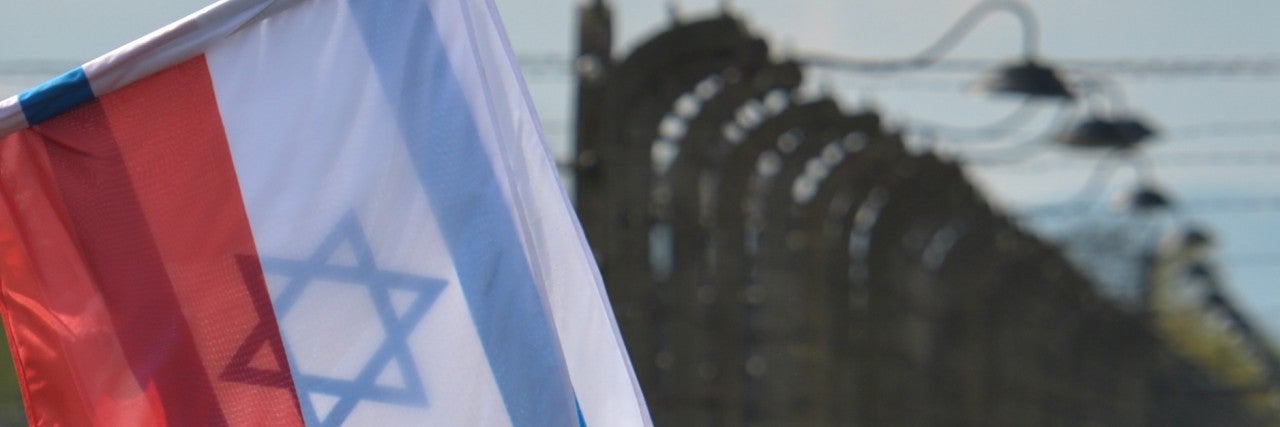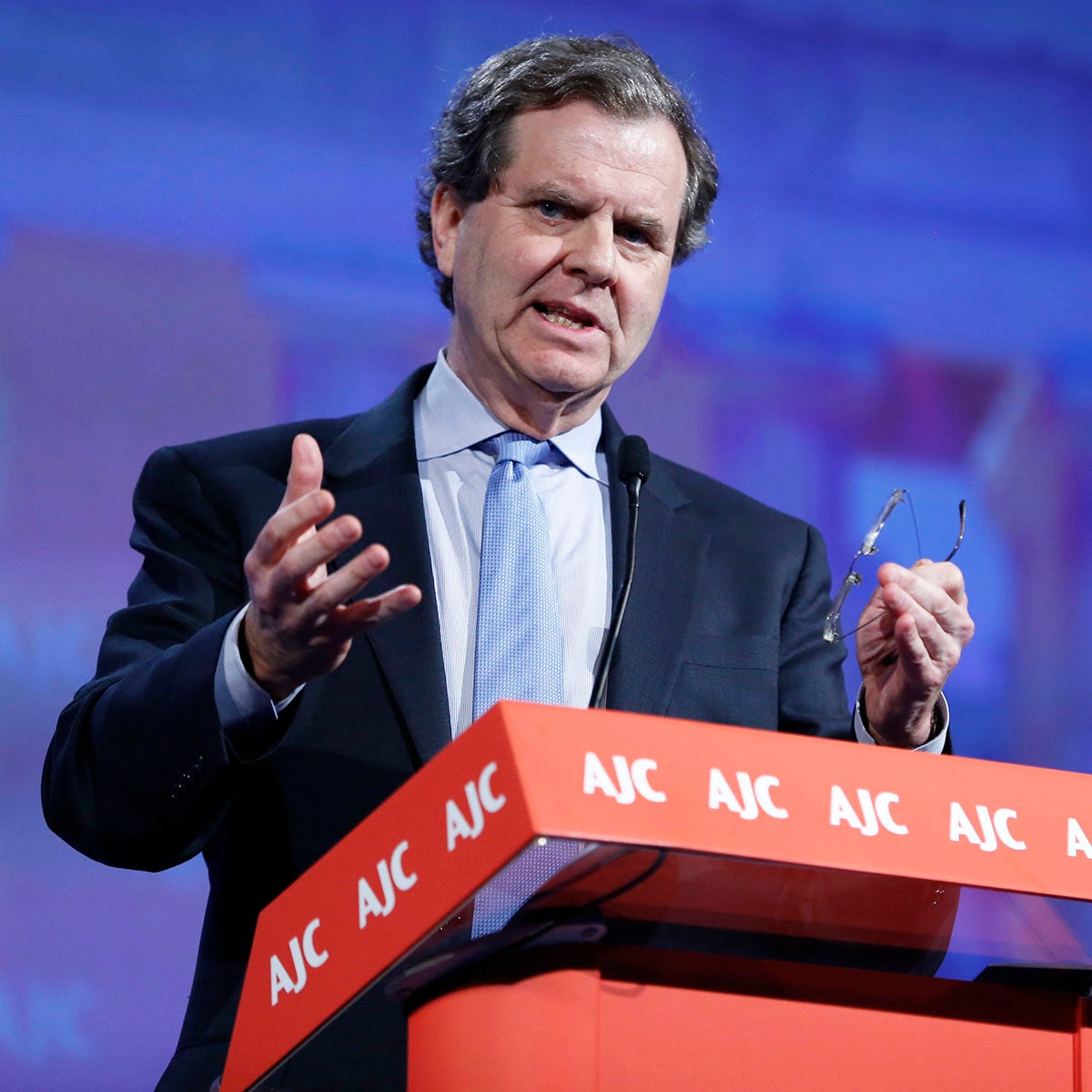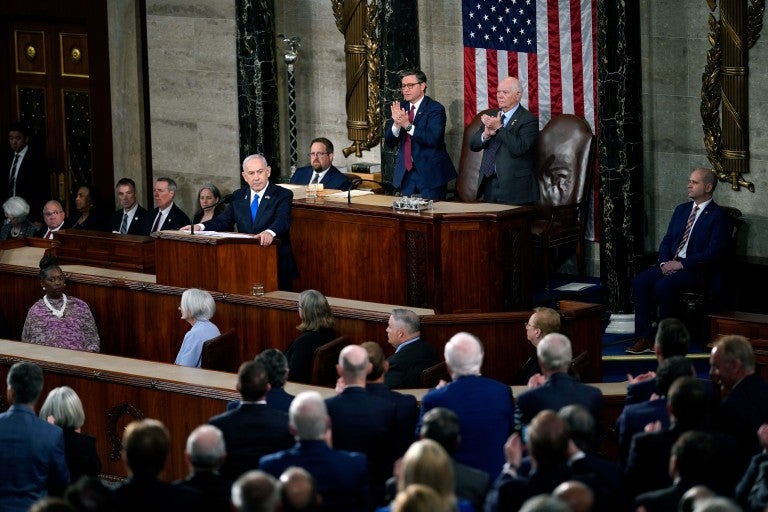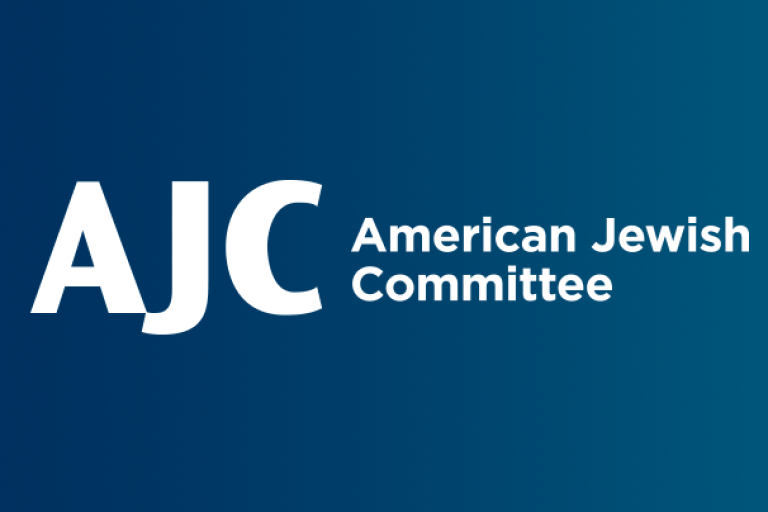February 2, 2018 — New York
This piece originally appeared in Times of Israel.
One day, I fear, what is currently happening in Polish-Israeli and Polish-Jewish relations will become a case study for universities and diplomatic academies around the world in how an outwardly strong partnership can unravel practically overnight.
The core lesson will doubtless be that the moderate voices — committed to finding common ground on difficult issues, as befits friends — were outshouted and outmaneuvered by shrill, uncompromising voices for whom any concession was seen as weakness, if not capitulation.
This is particularly true, alas, in Poland right now.
Having already confronted European Union institutions on unrelated issues, and finding itself quite isolated among member states, Poland has now chosen to jeopardize its links with Israel and the Jewish world by going ahead with problematic legislation regarding World War II and the Holocaust.
As if all this weren’t enough for Warsaw, the United States has also spoken up, taking issue with the parliamentary measure and suggesting that its passage could adversely affect Poland’s standing in America.
The last time I checked, Poland needed friends, just like every other country, all the more so given its entirely legitimate and understandable security anxieties.
Who is there for Poland?
Well, for starters, Washington, the actor that, more than any other, has the will and capability to stand alongside Poland. Israel, with its long experience, has lots to offer as well.
Moreover, many in Poland attribute its NATO accession, in 1999, in part to the efforts of the American Jewish Committee, which testified in the United States Senate for the security pact’s expansion, notwithstanding considerable opposition from those who feared Moscow’s reaction.
Imagine a Poland today without NATO membership in light of what’s been happening to the east.
Further, why does Poland, by its current action, seek to trigger a reopening of painful and complex historical narratives? Who stands to gain from this? Apart from the hotheads, I can imagine only one political leader outside the country who is grinning, and Vladimir Putin is not exactly Poland’s most trusted friend to begin with.
To be sure, some in Israel and the larger Jewish world have made a bad situation worse by pouring oil on the fire, especially in their irresponsible claims suggesting, in effect, that Warsaw — attacked mercilessly by German forces on September 1, 1939 — was Berlin’s willing partner in Hitler’s Final Solution.
Yes, there is an undeniable and immensely painful record of Polish antisemitism before, during, and after the war, and Poland cannot dodge that history or seek, in effect, to outlaw discussion of any part of it. Democratic nations emerge far stronger from self-examination than self-denial.
But, however agonizing, this must not be the beginning and end of the discussion. There is far more to Poland’s history regarding both Jews and its wartime record, and this can’t conveniently be swept under the rug in a paroxysm of uncontrolled Jewish anger.
Poland was brutally occupied by two nations, not one — Nazi Germany and the USSR. Thousands of its finest military officers were murdered, under Stalin’s orders, in the Katyn Forest. Countless Poles were sent to both Nazi and Soviet camps.
Polish pilots played a vital role in the Battle of Britain. Without them, the outcome might, in fact, have been quite different.
Polish cryptographers originally broke the Nazi code, leading to the game-changing breakthroughs at Bletchley Park.
The Polish underground alerted the world to the German plan to exterminate the Jewish people, and one unit, Żegota, worked to save individual Jews.
And Polish soldiers fought valiantly at the battle of Monte Cassino — as my late father, who was there, testified — and elsewhere in the Allied struggle.
In other words, Poland made a significant contribution to shortening Hitler’s dream of a “thousand-year” reign by 988 years.
And fast forward to today.
Twenty-eight years after Poland led the remarkable effort to throw off the yoke of communism and reconnect to the Western world, a vibrant Jewish community has re-emerged and Israel looks to Warsaw for support in the European Union and at the UN, where it currently sits on the all-important Security Council.
It’s often said that moderates — those willing to listen to others and look for a “ZOPA,” Zone of Possible Agreement — are rarely as motivated and passionate as more extreme voices.
So far, regrettably, that seems to be the case in this current contretemps. But, as one who cares deeply about all that’s been achieved since 1989, I refuse to be silent — or, for that matter, to abandon my moderation.



